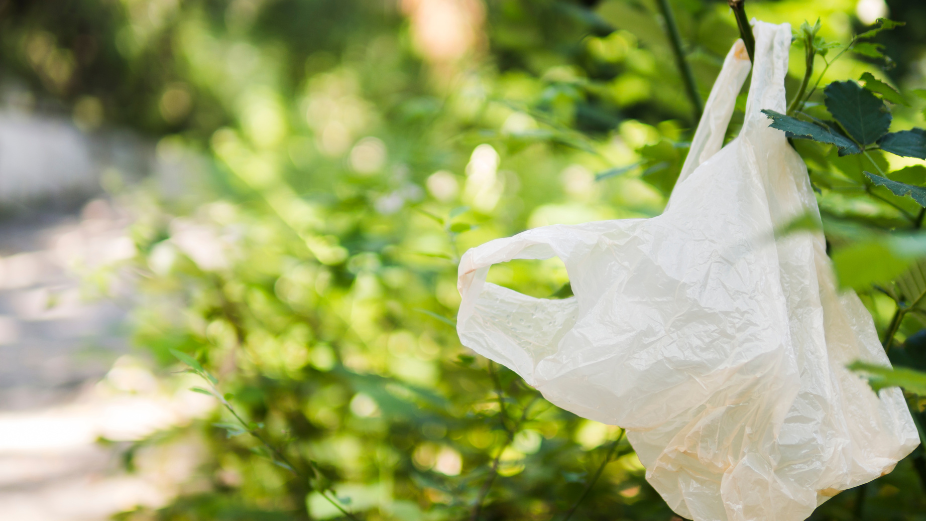The Maldives Inland Revenue Authority (MIRA) introduced a significant environmental tax on plastic bags in 2023, aimed at reducing plastic waste and enhancing tax revenue collection. Effective from 18th April 2023, the plastic bag fee mandates a charge of MVR 2 per plastic bag given or sold at the point of sale. This initiative is part of the broader Waste Management Act, which seeks to address environmental concerns through fiscal measures.
Impact on Tax Revenue
The introduction of the plastic bag fee has had a notable impact on tax revenue collection in the Maldives. According to MIRA’s annual report, from April to November 2023, the fee generated a total revenue of MVR 8.65 million. This figure illustrates the fee’s effectiveness in not only curbing plastic usage but also contributing to the country’s tax revenue.
Despite its success, there have been compliance challenges. As of the end of the year, 317 taxpayers had not settled MVR 1.54 million in plastic bag fees. MIRA is actively working to address these issues and ensure full compliance with the regulation.
Historical Context and Comparison
This plastic bag fee is not the first environmental tax introduced in the Maldives. Previous measures, such as the Green Tax implemented in November 2015, have also aimed to mitigate environmental impact while boosting tax revenues. The Green Tax, levied on tourists staying at resorts, hotels, and guesthouses, has been instrumental in funding various environmental projects and initiatives across the islands.
Compared to the Green Tax, the plastic bag fee targets everyday consumer behaviour, making it a more direct and widespread approach to environmental taxation. The successful collection of MVR 8.65 million in just seven months demonstrates its potential to become a stable revenue stream for the government while fostering sustainable practices among residents and businesses.
Encouraging Sustainable Practices
The primary objective of the plastic bag fee is to encourage both businesses and consumers to adopt more sustainable practices. Early results indicate a positive shift, with many retailers transitioning from plastic bags to reusable alternatives. Consumers are also increasingly bringing their own bags when shopping, reducing their reliance on single-use plastics.
Broader Implications for Tax Policy
The plastic bag fee’s success highlights the potential for similar environmental taxes to contribute to the Maldives’ fiscal health. By incorporating environmental considerations into tax policy, the Maldives can address ecological challenges while bolstering government revenues. This approach aligns with global trends towards green taxation, where fiscal policies are used to incentivize environmentally friendly practices and generate funds for sustainability projects.
Future Outlook
The fee’s success could pave the way for other innovative fiscal policies aimed at promoting sustainable development and environmental protection.
The introduction of the plastic bag fee in the Maldives has proven to be an effective measure for increasing tax revenue while promoting environmental sustainability. As MIRA continues to refine and expand its fiscal policies, the plastic bag fee stands as a testament to the positive impact of integrating environmental objectives with tax collection strategies.



















